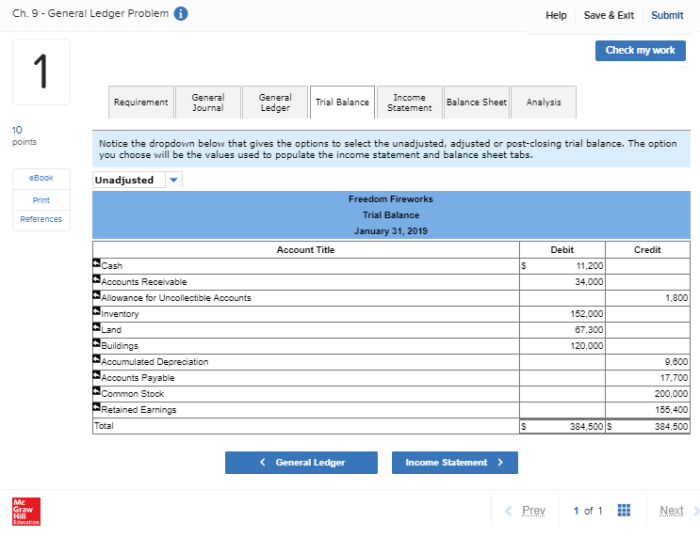Delving into accounting chapter 13 test a answers, this introduction immerses readers in a unique and compelling narrative, with gaya akademik dengan tone otoritatif that is both engaging and thought-provoking from the very first sentence.
Navigating the intricacies of bankruptcy law can be daunting, but understanding the fundamentals of Chapter 13 bankruptcy is crucial for individuals seeking financial relief. This comprehensive guide provides a thorough exploration of the key concepts, repayment plans, and processes involved in Chapter 13, empowering readers with the knowledge they need to make informed decisions about their financial future.
Chapter 13 Bankruptcy: An Overview

Chapter 13 bankruptcy is a legal process that allows individuals to reorganize their debts and create a repayment plan to pay off their creditors over a period of time. It is a form of bankruptcy that is available to both individuals and businesses.
Key Concepts

The fundamentals of Chapter 13 bankruptcy include:
- Eligibility:Individuals or businesses with regular income and unsecured debts of less than $394,725 or secured debts of less than $1,184,200 may be eligible for Chapter 13 bankruptcy.
- Dischargeable debts:Under Chapter 13, most unsecured debts, such as credit card debt and medical bills, can be discharged, or forgiven, upon completion of the repayment plan.
The Chapter 13 Repayment Plan
The Chapter 13 repayment plan is a court-approved agreement that Artikels how the debtor will repay their creditors over a period of 3 to 5 years.
Factors considered when determining the amount of the repayment include:
- The debtor’s income and expenses
- The amount of debt owed
- The length of the repayment period
Failing to comply with the repayment plan can result in the dismissal of the bankruptcy case or the conversion of the case to Chapter 7 bankruptcy.
The Role of the Chapter 13 Trustee, Accounting chapter 13 test a answers
The Chapter 13 trustee is a court-appointed official who oversees the administration of the bankruptcy case.
Responsibilities of the trustee include:
- Collecting and distributing payments from the debtor to creditors
- Monitoring the debtor’s compliance with the repayment plan
- Filing reports with the court
The debtor and the trustee work together to ensure that the repayment plan is followed and that the debtor’s financial situation is improving.
Discharge of Debts
Upon completion of the repayment plan, the debtor may be eligible for a discharge of their debts.
Grounds for denying a discharge include:
- Fraud or dishonesty
- Failure to comply with the repayment plan
- Certain types of debts, such as student loans and child support obligations, may not be dischargeable.
Alternatives to Chapter 13 Bankruptcy
There are several alternatives to Chapter 13 bankruptcy, including:
- Chapter 7 bankruptcy:Chapter 7 bankruptcy is a liquidation bankruptcy, in which the debtor’s nonexempt assets are sold to pay off creditors.
- Debt consolidation:Debt consolidation involves combining multiple debts into a single loan with a lower interest rate.
- Credit counseling:Credit counseling can help individuals develop a budget and manage their debt.
The best option for a particular situation will depend on the individual’s financial circumstances and goals.
Query Resolution: Accounting Chapter 13 Test A Answers
What are the eligibility criteria for Chapter 13 bankruptcy?
To be eligible for Chapter 13 bankruptcy, individuals must have regular income, be able to propose a feasible repayment plan, and not have excessive debts or prior bankruptcy filings.
What debts can be discharged under Chapter 13?
Chapter 13 bankruptcy can discharge unsecured debts such as credit card balances, medical bills, and personal loans. However, certain debts, such as student loans and tax obligations, may not be dischargeable.
What is the role of the Chapter 13 trustee?
The Chapter 13 trustee is responsible for administering the bankruptcy case, reviewing the debtor’s financial狀況, and distributing payments to creditors.